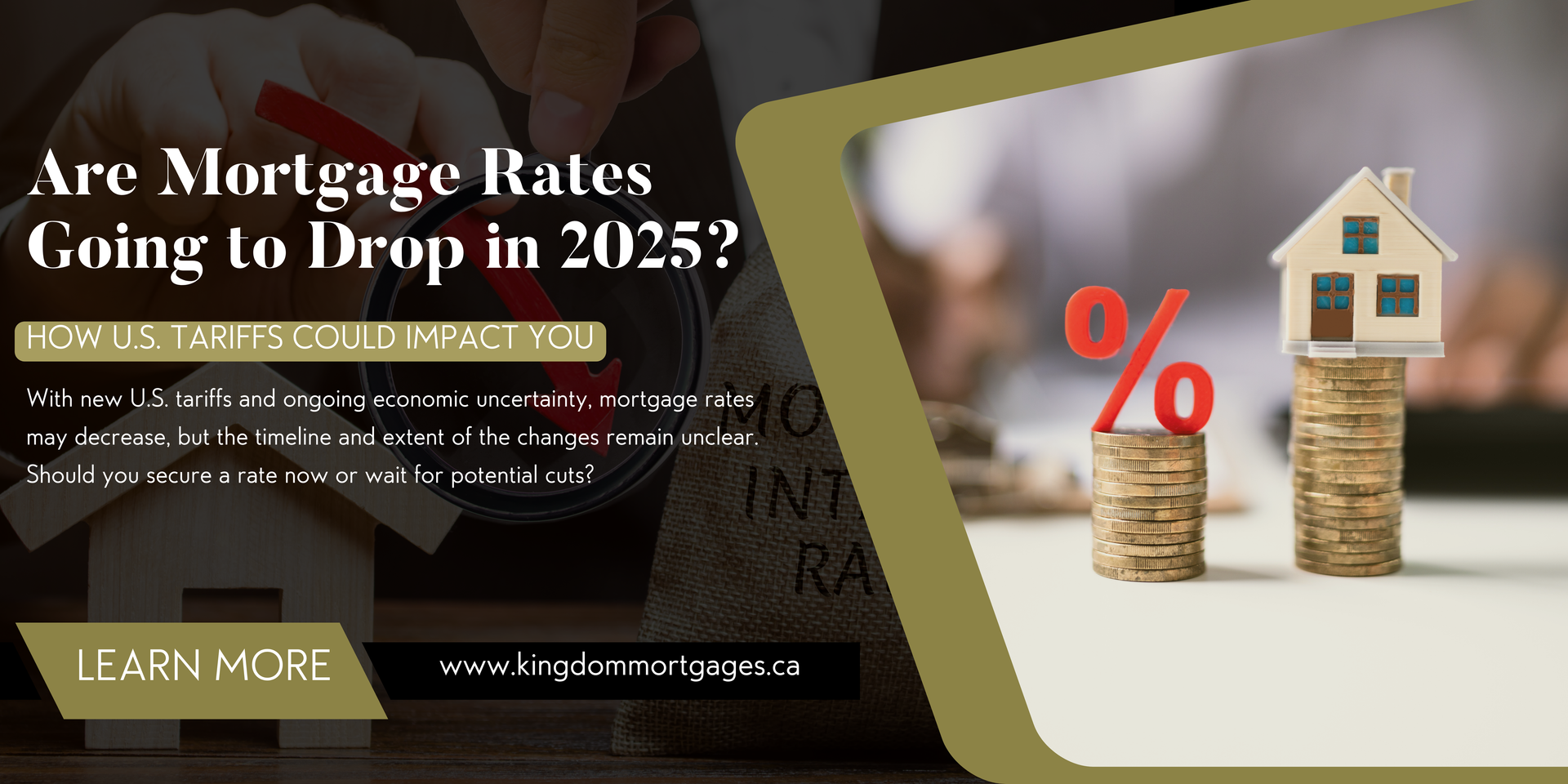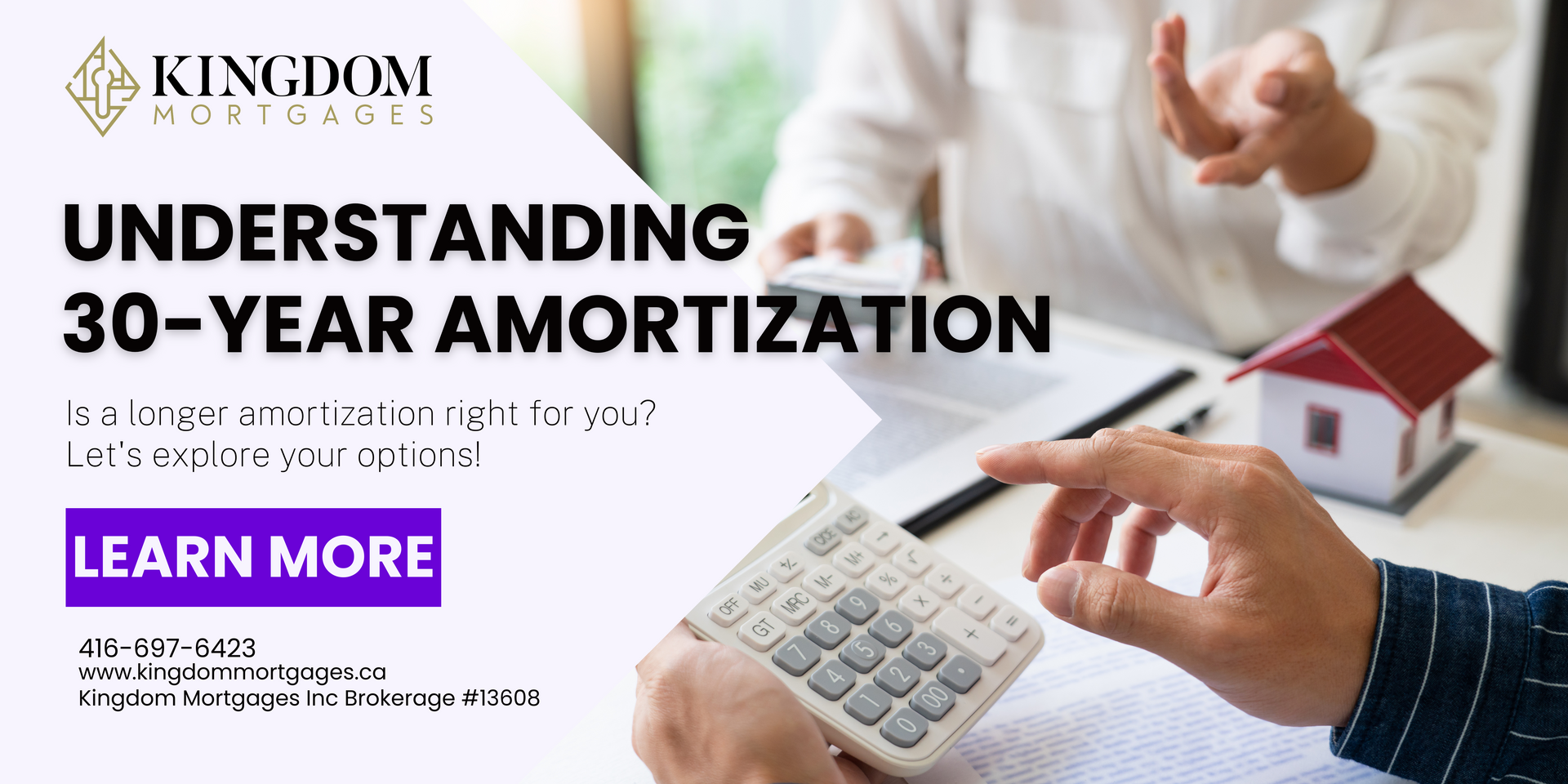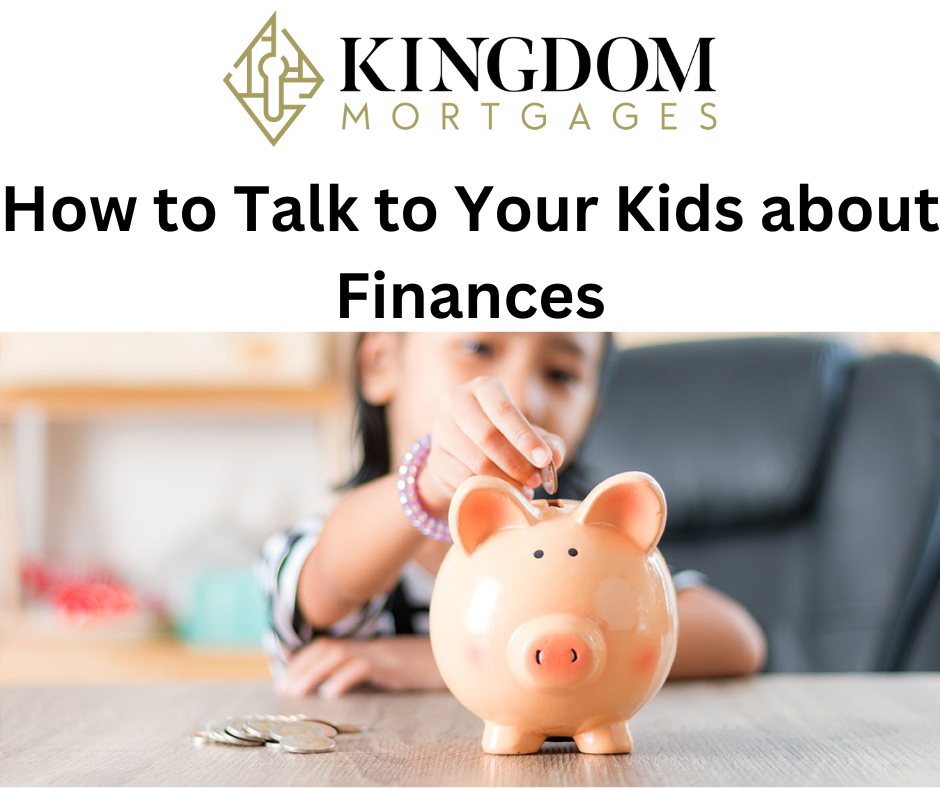How To Leverage Your RRSPS When Buying Your First Home
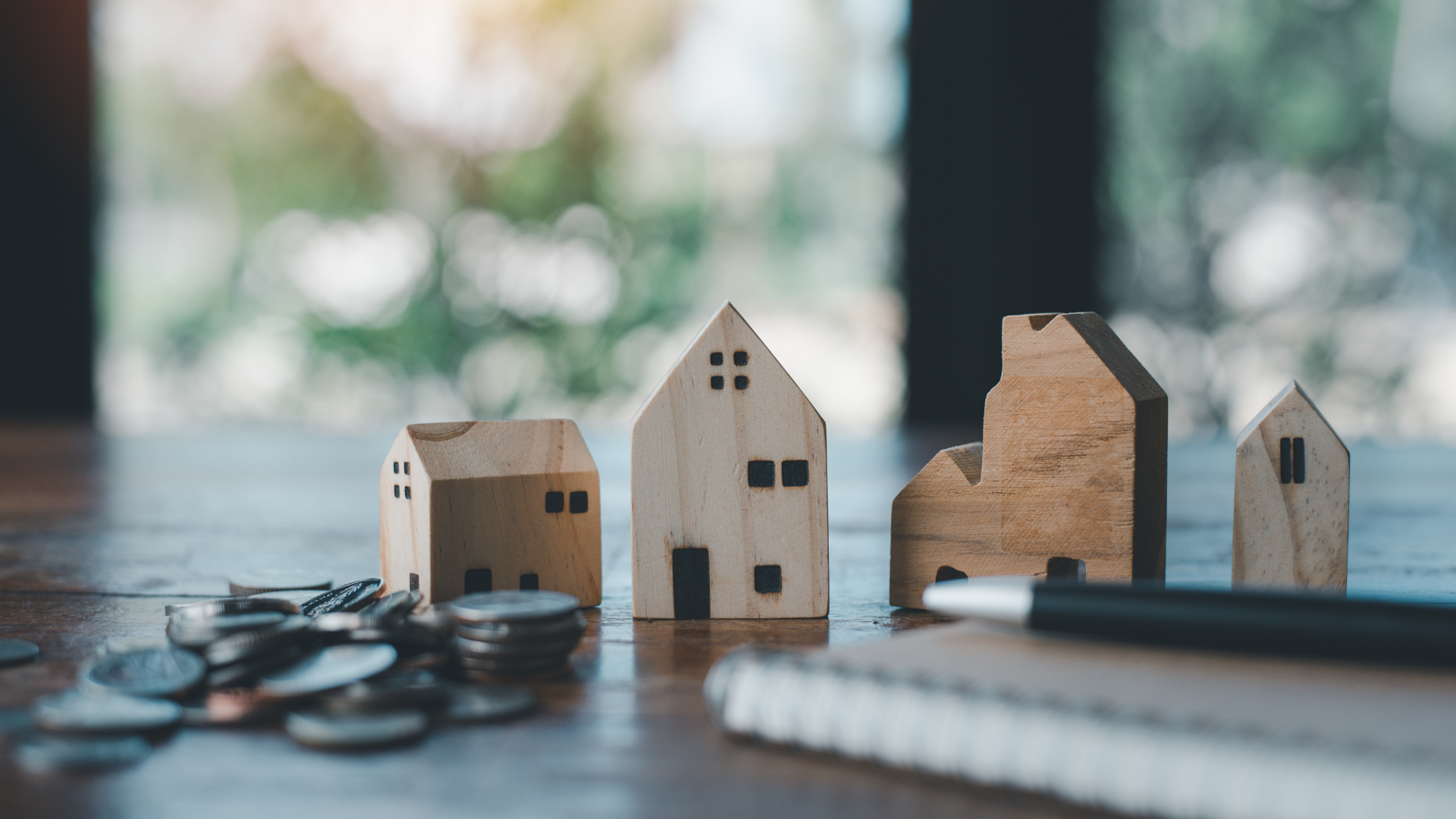
Looking to make your first significant investment in life? Dreaming of a living space that you can call your own? As an eligible first-time homebuyer, you can increase the funds available for your home purchase by contributing to your RRSP(s) before the deadline on March 1st.
The Home Buyers' Plan (HBP) allows you to withdraw from your Registered Retirement Savings Plans (RRSPs) to purchase or build your first home. In 2019, the HBP changed regulations and increased the withdrawal limit by $10,000 ($25,000 to $35,000), thereby allowing first-time homebuyers greater access to their RRSP savings.
What are the qualifying criteria?
To qualify for this program, at least one potential homeowner must be purchasing a house for the first time. i.e. if you are a newly married couple and buying a new home together, at least one of you should never have purchased a house before. The following points outline the specific qualifiers:
- You are a Canadian resident;
- You have never before been a homeowner;
- You have not lived long-term in a home that you or your current spouse/common-law partner owned in the last 4 years;
- You hold a written agreement particularly for buying or building a house;
- You intend to occupy the qualifying house as your principal place of residence within one year of buying/building it;
- You have faced a breakdown of marriage/common-law partnership (applicable even if you do not meet the other requirements mentioned above).
Using the Home Buyers' Plan (HBP) to buy your first home
Now that you know the HBP's advantages and know if it applies to you make sure you top it up. Then get in touch with a mortgage professional and understand your financial health. Understanding where you stand will enable you to explore the market and identify real-estate listings actually within your budget. However, bear in mind that the minimum down payment must remain within your account for at least 90 days. Only then will the withdrawal qualify under the HBP programme.
Does the government require repayment?
The government gives you 15 years to repay the amount used from your RRSP(s). You can also pay up in full at any time during that period. Furthermore, the repayment period starts on the second year after your first withdrawal from your RRSP(s) for the HBP. For example, if in 2020 you withdrew $35,000 from your account to purchase your first home, you have until 2022 for your scheduled repayments to commence.
Moreover, the Canada Revenue Agency (CRA) will send you a statement detailing your HPB assessment. The document should help you understand how much has been paid back and how much you need to contribute to the RRSP(s) and the HBP balance.
Contact us today for more details.
Rock Capital Investments Inc. Brokerage #10556. Each office is independently owned and operated. Proud member of Mortgage Centre Canada.
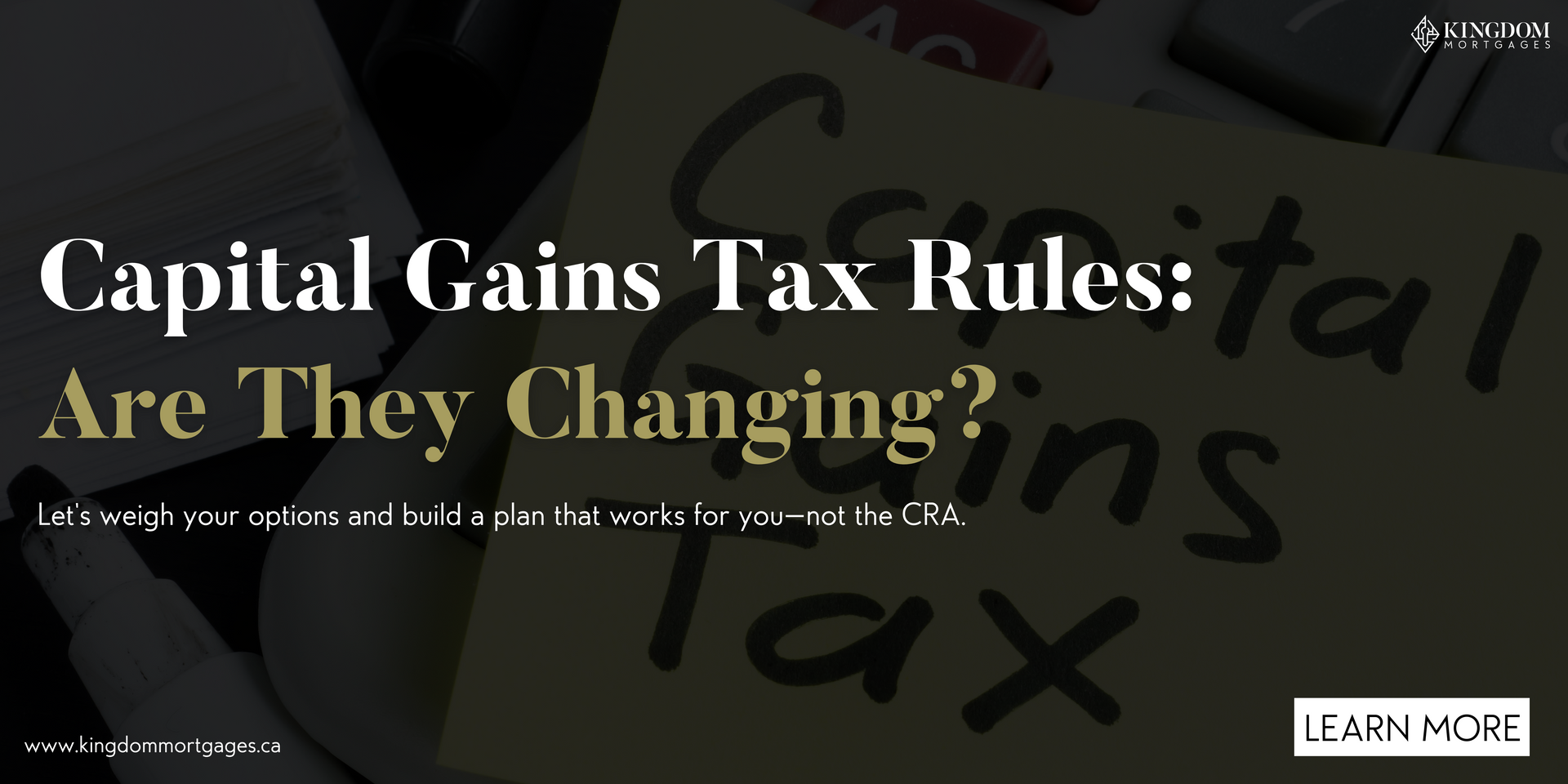




Kingdom Mortgages Inc Brokerage #13608. Each office independently owned and operated. Proud member of Mortgage Centre Canada.
USEFUL LINKS
TEAM MEMBERS
Rodney Schunker
John Fernandes
Maria Schunker
Curtis Hinds
David Schunker
Jonathan Schunker
Ukamaka Ezeude (Amaka)
Fareez Khan
Sharifa Cummings
Teja Kasu
CONTACT US
2250 Bovaird Drive E, Suite 304, Brampton L6R 0W3
Our team helps clients secure mortgages in Ontario, Alberta and select states within the US

